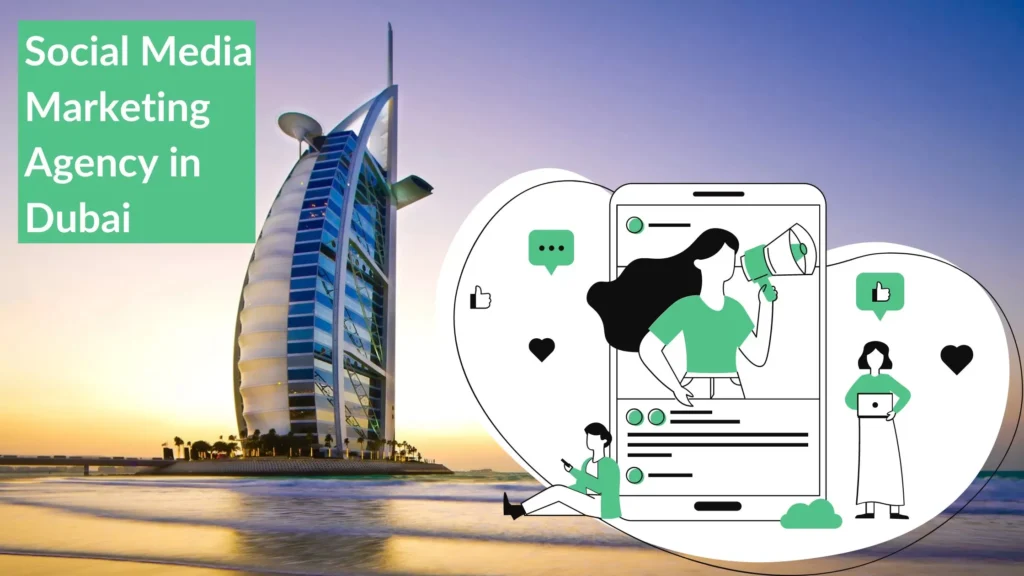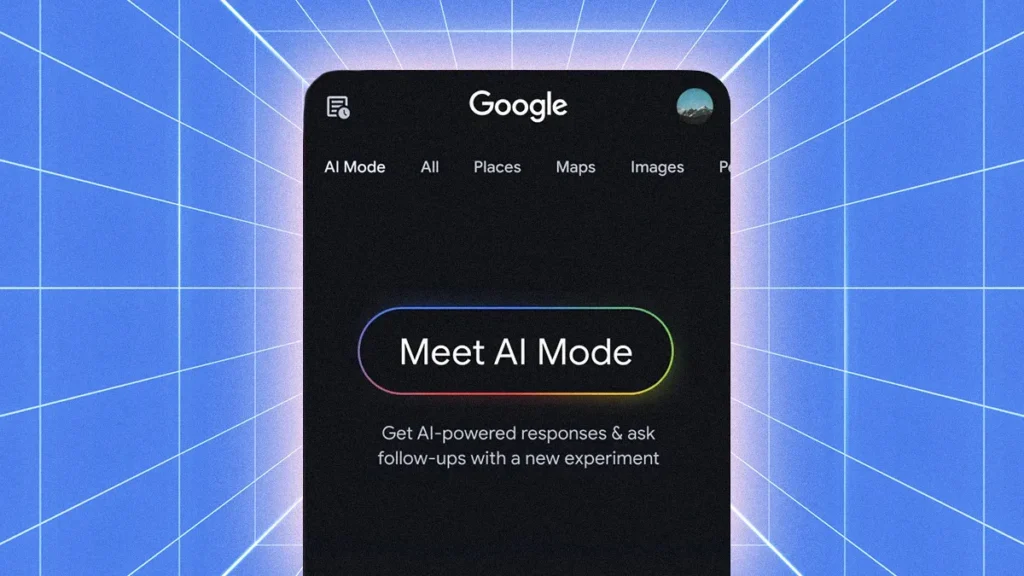In today’s fast-paced digital world, small businesses face unique challenges when it comes to marketing. Unlike larger companies, small businesses often have limited budgets, fewer resources, and smaller teams. However, the advent of digital marketing has leveled the playing field, offering powerful and cost-effective tools to help small businesses thrive. Digital marketing services have become a crucial element in promoting growth, increasing brand visibility, and generating sales.
Why Digital Marketing Matters for Small Businesses
Digital marketing is essential for small businesses because it provides an accessible, efficient, and measurable way to engage with customers. Through online platforms, small businesses can reach a larger audience without the significant investment required for traditional advertising. From search engine optimization (SEO) to social media marketing, digital marketing encompasses various strategies that can be tailored to suit the specific needs of a small business.
Common Challenges Faced by Small Businesses
Despite its benefits, many small businesses struggle with:
- Limited budgets
- Lack of marketing knowledge
- Choosing the right digital tools
- Time constraints
Understanding the right services to invest in is key to overcoming these hurdles. Let’s explore the most impactful digital marketing services tailored specifically for small businesses.
Benefits of Digital Marketing for Small Enterprises
Cost-Effective Customer Acquisition
Compared to traditional advertising (like print or TV), digital marketing is more affordable and measurable. Small businesses can start with minimal investment and scale as they grow.
Brand Awareness and Visibility
Consistent online marketing helps build brand recognition. When people repeatedly see your business online whether through ads, search engines, or social media they’re more likely to trust and choose you.
Key Digital Marketing Services for Small Businesses
- Search Engine Optimization (SEO)
SEO is the process of optimizing your website so that it ranks higher on search engine results pages (SERPs). For small businesses, ranking high on Google can significantly boost visibility and drive organic traffic to their website. Effective SEO involves keyword research, on-page optimization, content creation, and backlink strategies. Investing in SEO ensures that your business is discoverable by potential customers who are actively searching for your products or services. - Social Media Marketing
Social media platforms like Facebook, Instagram, LinkedIn, and Twitter are ideal for engaging with your audience and building brand awareness. Social media marketing allows small businesses to showcase their products, interact with customers, and promote special offers. A solid social media strategy can increase your brand’s visibility and help you connect with your target audience on a personal level. - Pay-Per-Click Advertising (PPC)
PPC advertising, such as Google Ads or Facebook Ads, allows small businesses to drive targeted traffic to their website. With PPC, businesses only pay when a user clicks on their ad, making it a cost-effective advertising model. Small businesses can target specific demographics, locations, and interests, ensuring that their ads reach the right people at the right time. - Content Marketing
Content marketing is about creating valuable, relevant, and consistent content to attract and engage a specific audience. This can include blogs, videos, infographics, and more. Content marketing helps build trust with your audience, improves your SEO efforts, and establishes your business as an authority in your industry. Small businesses can use content to educate customers, answer questions, and solve problems, all of which contribute to increased conversions. - Email Marketing
Email marketing is one of the most effective digital marketing strategies, offering high ROI for small businesses. Through email campaigns, businesses can keep their customers informed about new products, sales, or company updates. Personalized email campaigns that segment audiences based on behavior and interests are especially effective in driving engagement and sales. - Website Design and Development
A well-designed website is the cornerstone of any digital marketing strategy. For small businesses, having an attractive, user-friendly website that is optimized for mobile devices and search engines is essential. Your website is often the first interaction potential customers have with your business, so it must convey professionalism, trustworthiness, and ease of navigation. - Online Reputation Management
A positive online reputation is crucial for small businesses. Customers are likely to check reviews and ratings before making a purchase decision. Reputation management services help monitor, manage, and respond to customer reviews, ensuring that your brand maintains a positive image. By addressing negative feedback quickly and professionally, small businesses can improve customer trust and loyalty. - Analytics and Reporting
Digital marketing campaigns should always be data-driven. Through analytics and reporting, small businesses can track the effectiveness of their marketing efforts and make informed decisions. Understanding key metrics such as website traffic, conversion rates, bounce rates, and return on investment (ROI) is essential for optimizing campaigns and achieving long-term success. - Local SEO for Geo-Targeted Customers
Local SEO is vital for small businesses that serve specific geographic areas. This includes optimizing your Google Business Profile, using location-based keywords, and earning local backlinks. - Content Marketing
Educational blog posts establish your business as a trusted authority and improve SEO rankings. - Landing Page Design Best Practices
A good landing page is focused, visually appealing, and includes a strong call to action (CTA). - Conversion Rate Optimization (CRO)
A/B Testing Techniques
Test different headlines, buttons, or layouts to see what converts best.
Improving Calls-to-Action (CTAs)
Use action-oriented language that encourages clicks, like “Book Now” or “Get a Free Quote.” - Short-form Video for Social Media
Short videos on TikTok, Instagram Reels, and YouTube Shorts are perfect for engagement and reach.
How to Choose the Right Services for Your Business
Goal Setting and Budgeting
Identify clear goals (e.g., increase leads by 20%) and allocate budget accordingly.
Evaluating Service Providers
Check reviews, portfolios, and communication style before hiring an agency or freelancer.
Case Studies of Successful Small Businesses
Retail Store Growth Through SEO
A small fashion boutique doubled its foot traffic by optimizing for local keywords and listing products online.
Local Bakery’s Facebook Ad Strategy
A bakery increased birthday cake orders by 40% after running location-targeted Facebook ads.
How Digital Marketing Benefits Small Businesses
- Better Engagement: Digital marketing platforms provide opportunities for businesses to engage directly with their customers. Through social media, emails, and reviews, businesses can foster better relationships with their audience and gain valuable feedback.
- Cost-Effective: Digital marketing allows small businesses to market effectively without the high costs of traditional advertising. With strategies like SEO and content marketing, businesses can reach their audience at a fraction of the cost of TV, print, or radio ads.
- Targeted Reach: With digital marketing, small businesses can precisely target their ideal customers based on location, demographics, and behavior. This increases the chances of converting leads into sales.
- Measurable Results: Unlike traditional marketing, digital marketing provides real-time metrics and insights. Small businesses can easily track the success of their campaigns and adjust them for better results.
- Brand Visibility: By maintaining an active online presence, small businesses can improve their brand visibility and stay top-of-mind for potential customers. Whether it’s through social media, Google Ads, or organic search results, digital marketing helps businesses stand out.
Conclusion
Digital marketing is a game-changer for small businesses. With a carefully crafted strategy and the right tools, small businesses can compete with larger companies, reach a wider audience, and grow their revenue. Whether it’s through SEO, social media, PPC, or content marketing, investing in digital marketing services can provide your small business with the boost it needs to thrive in the digital age.
Frequently Asked Questions (FAQs)
How much should a small business budget for digital marketing services?
The budget for digital marketing varies depending on the services needed, industry, and business goals. Small businesses should allocate a portion of their revenue (usually 5-10%) to digital marketing, but it’s best to tailor the budget to specific strategies and objectives.
How long does it take to see results from digital marketing efforts?
Results from digital marketing efforts vary, but typically, it takes about 3-6 months to start seeing significant results from SEO, PPC, and social media marketing campaigns. However, strategies like content marketing and reputation management require ongoing efforts for long-term success.
Do I need a website to start digital marketing?
While a website is not mandatory for all digital marketing strategies (e.g., social media ads or email marketing), having a website is highly recommended. A professional, well-optimized website serves as the foundation of your digital presence and is crucial for converting leads into customers.
Can small businesses use social media to drive sales?
Yes! Social media is a powerful tool for small businesses to engage with their audience and drive sales. By posting engaging content, running targeted ads, and interacting with customers, businesses can convert social media followers into paying customers.
What is the most cost-effective digital marketing strategy for small businesses?
SEO and content marketing are two of the most cost-effective strategies for small businesses. While they require time and effort, they offer long-term results and help businesses generate organic traffic without paying for ads. Social media marketing and email marketing are also cost-effective if done correctly.
How do I measure the success of my digital marketing efforts?
Success can be measured through various metrics such as website traffic, conversion rates, social media engagement, click-through rates, and return on investment (ROI). Tools like Google Analytics and social media insights can provide detailed reports to help track your performance.
Can digital marketing help small businesses increase brand awareness?
Absolutely! Digital marketing provides various channels to build brand awareness, from social media to paid ads. Consistent and strategic digital marketing efforts can help small businesses increase visibility and recognition among their target audience.





